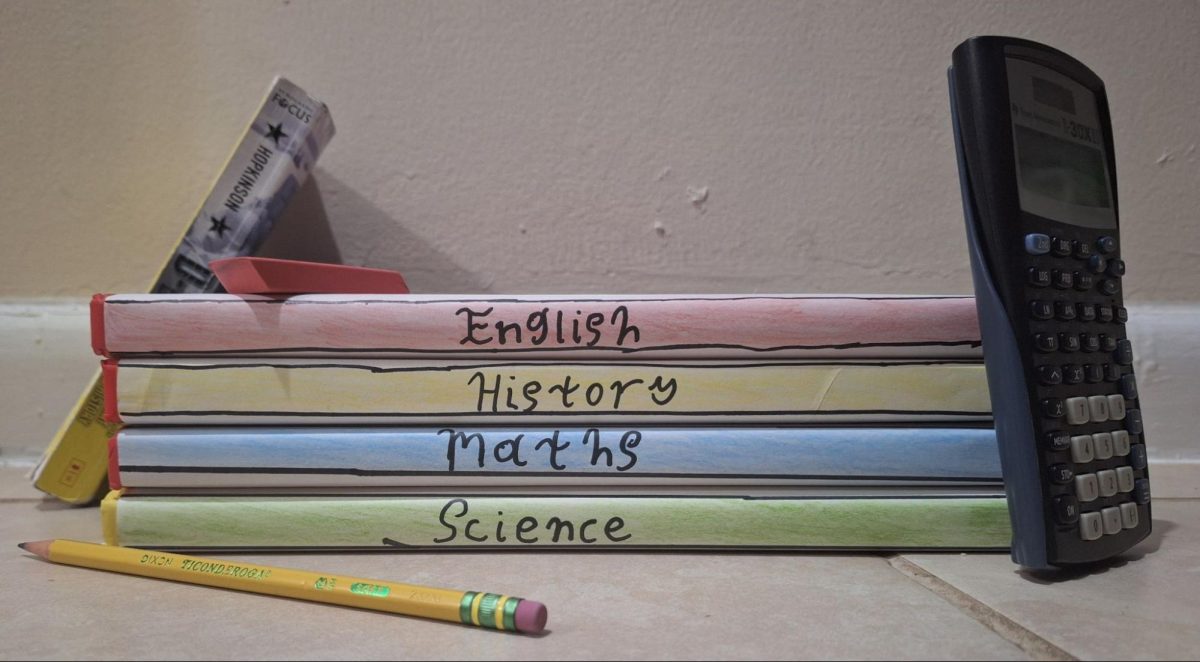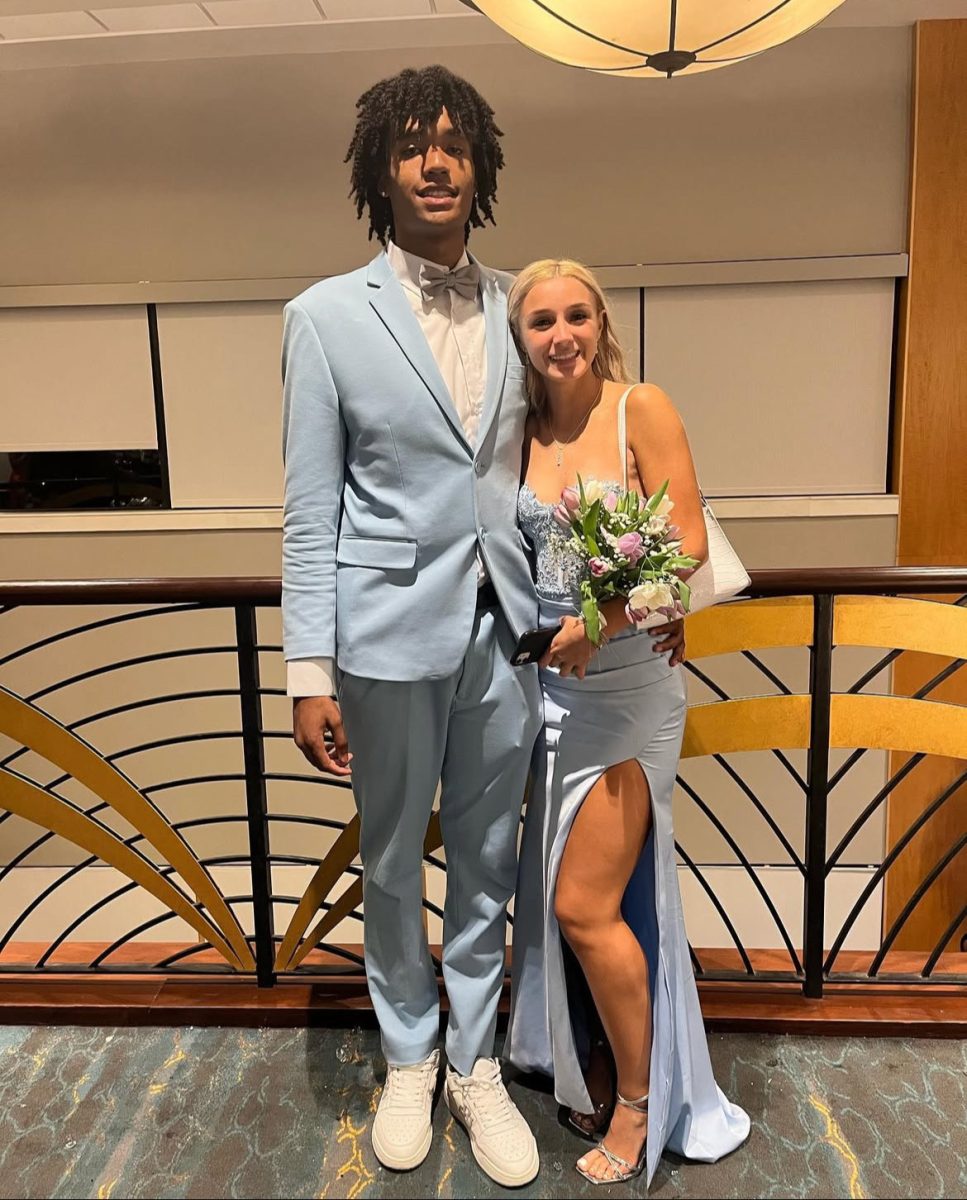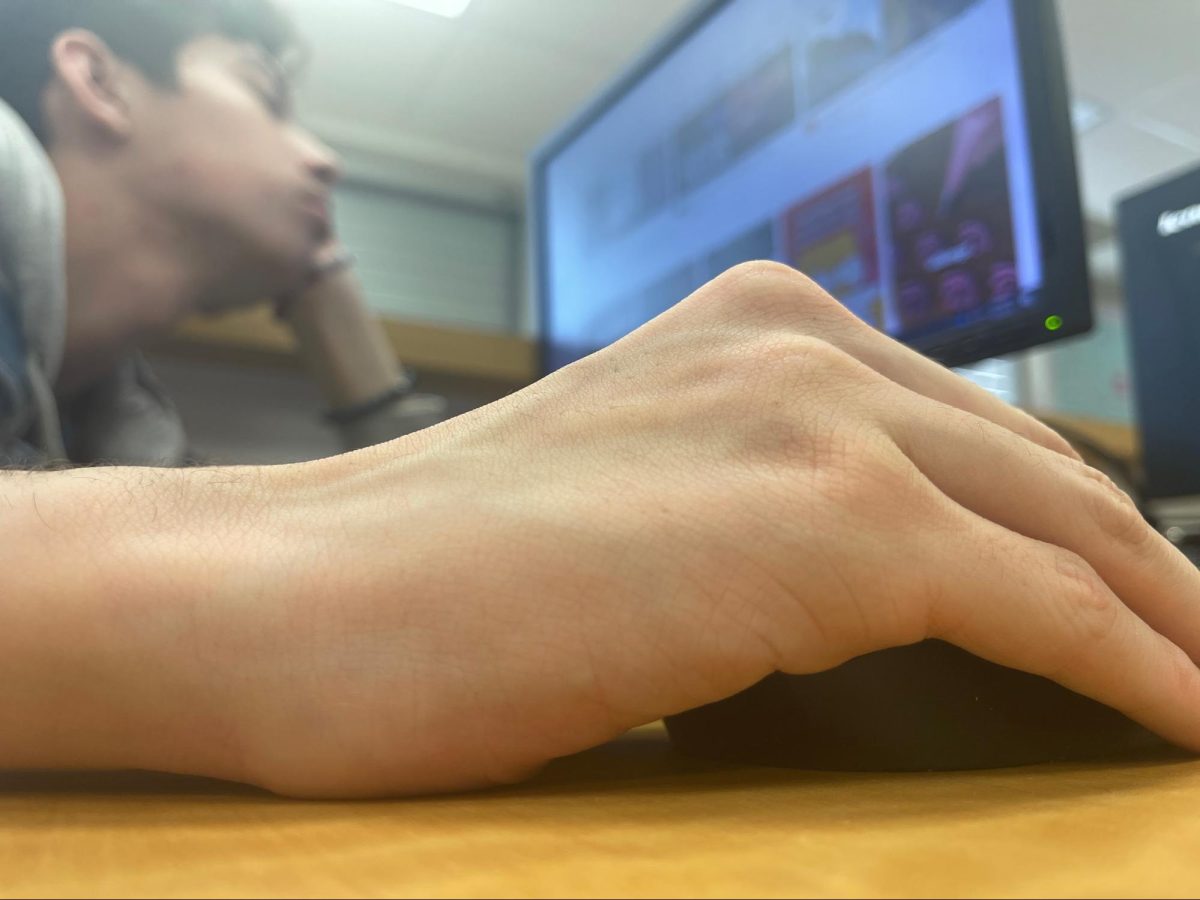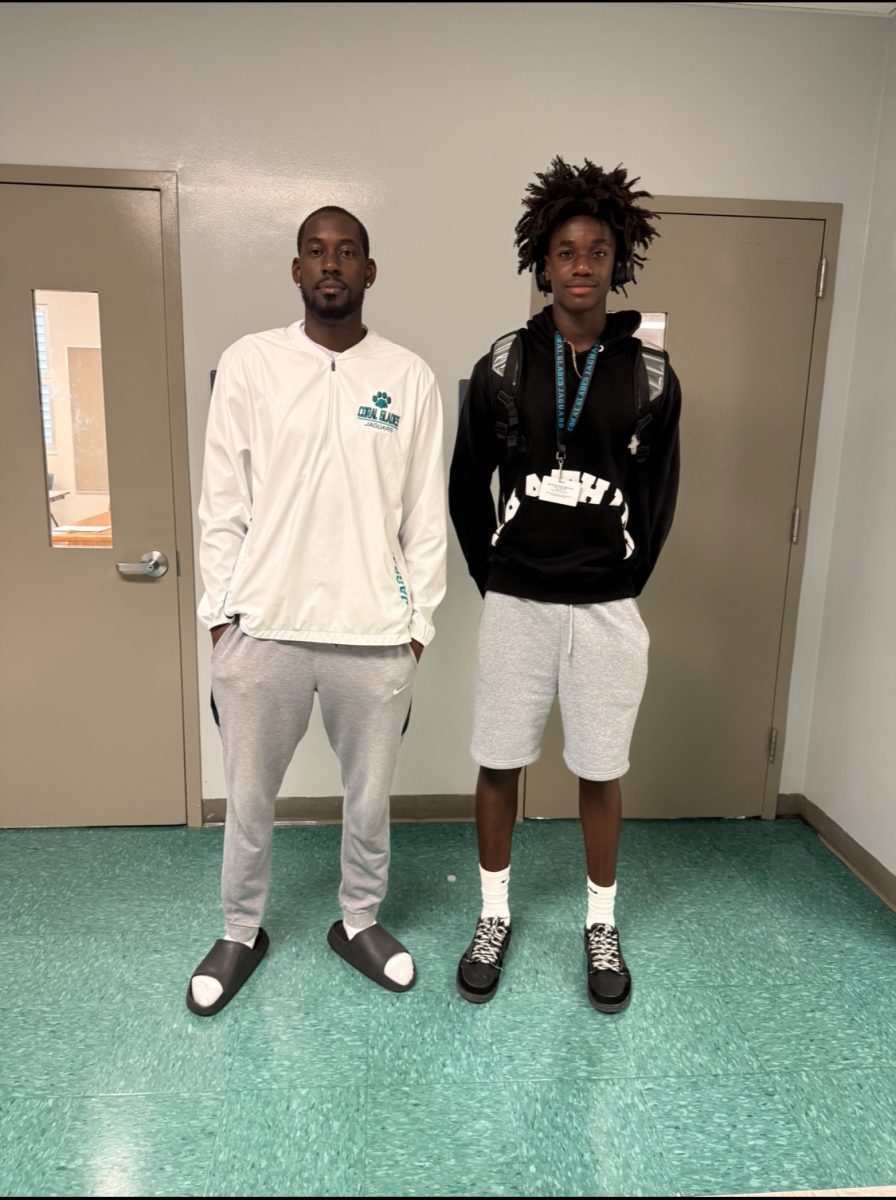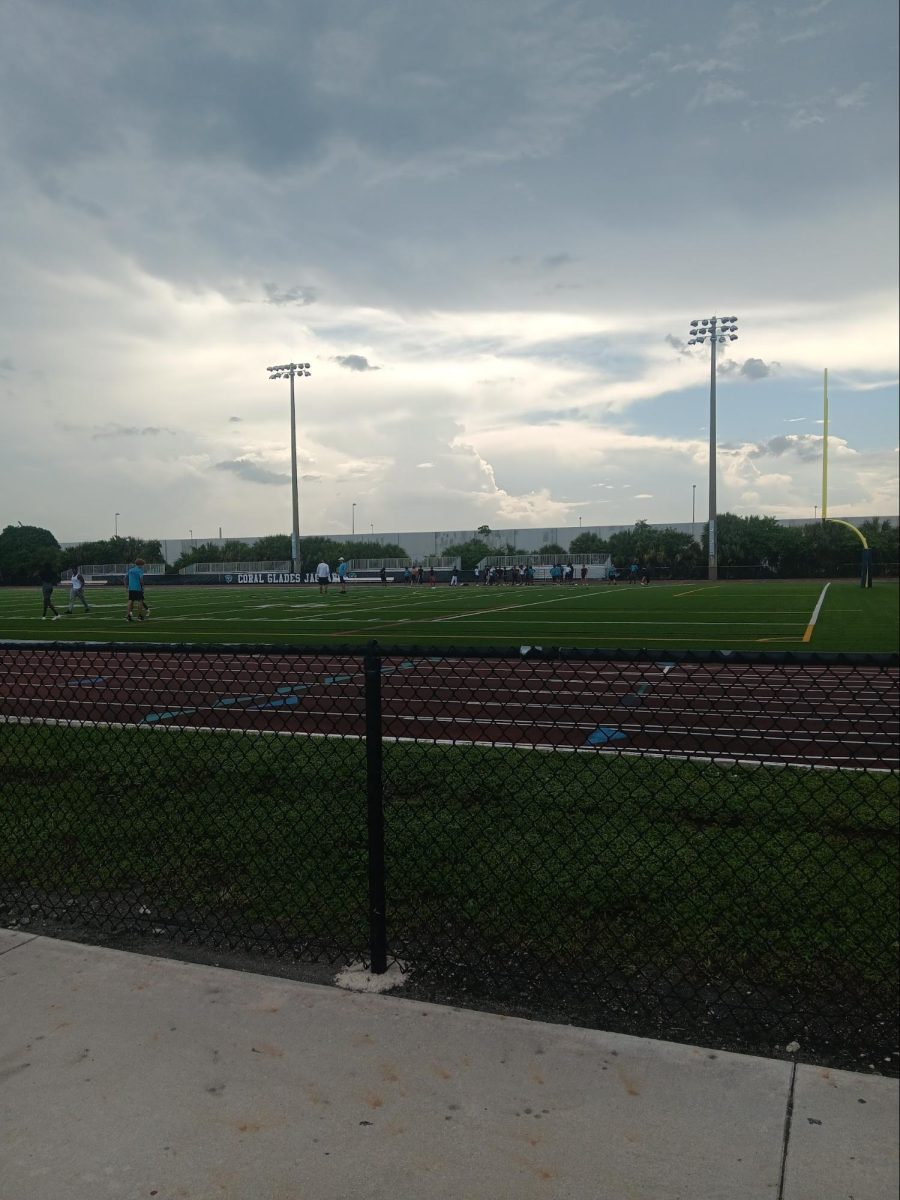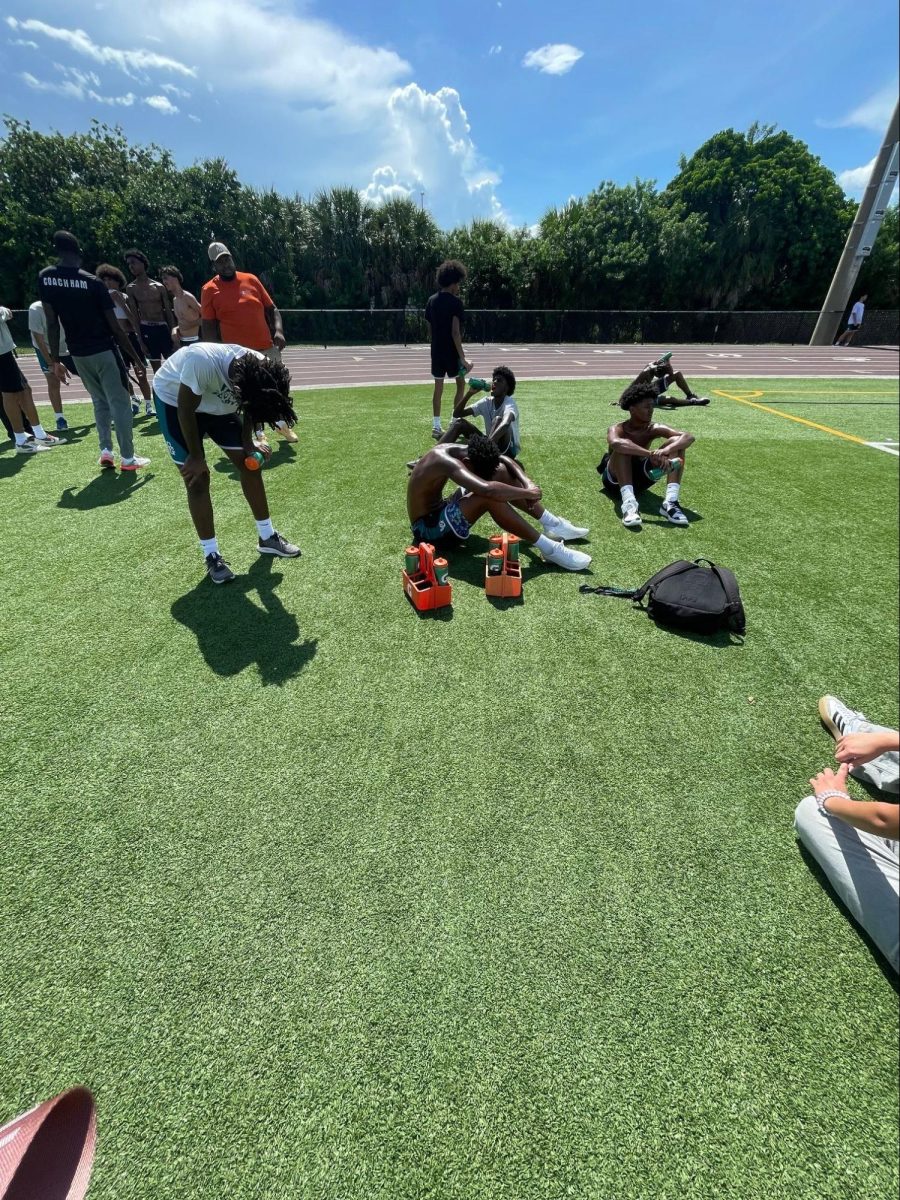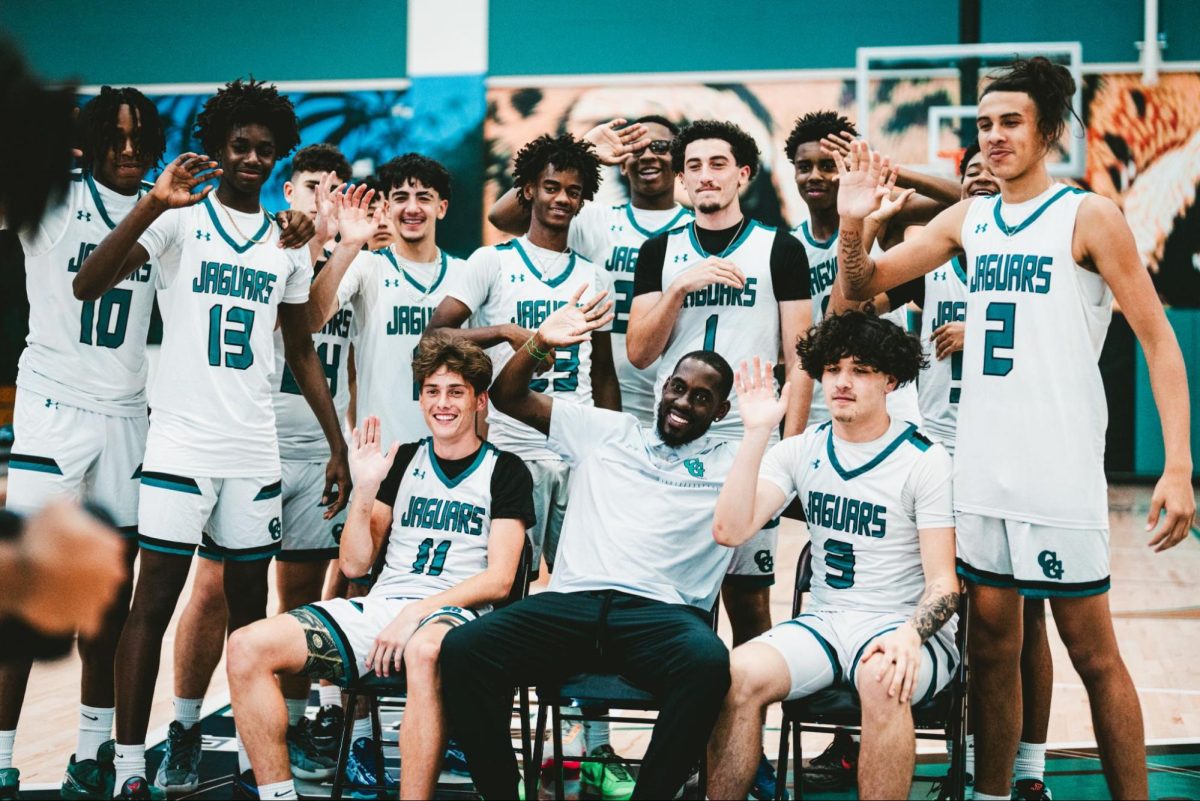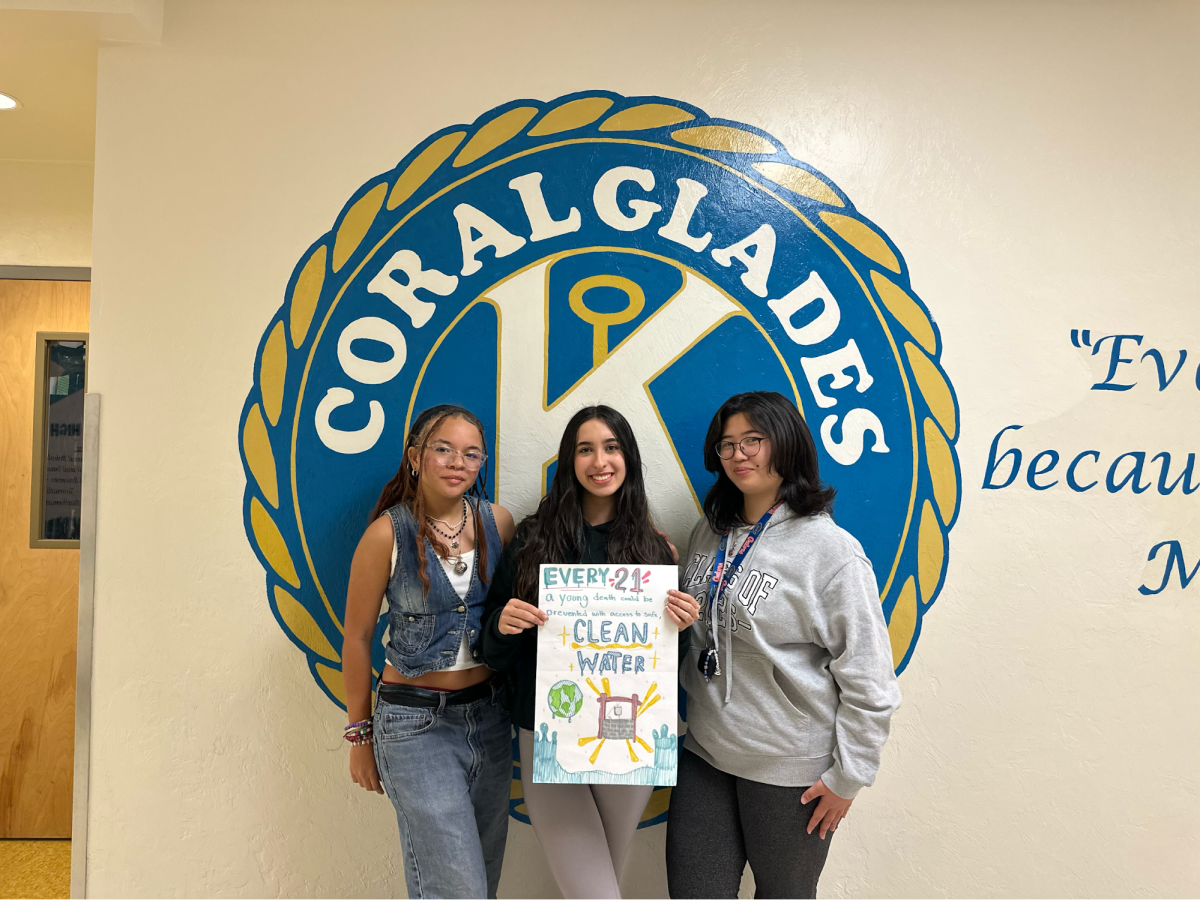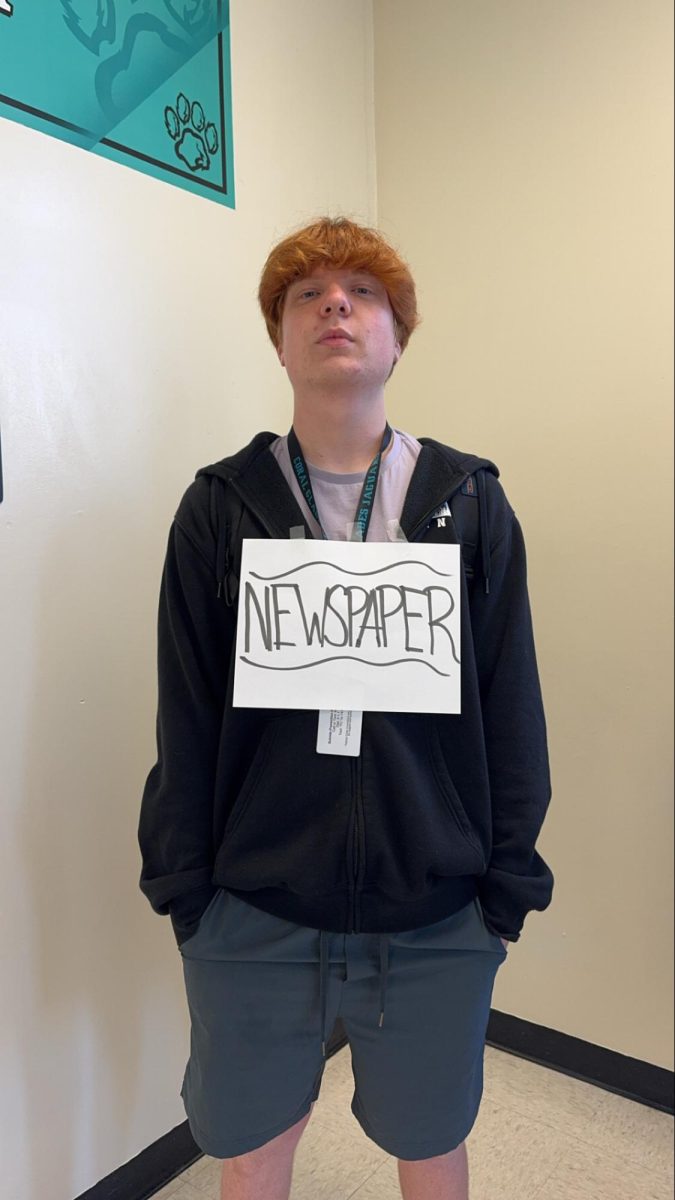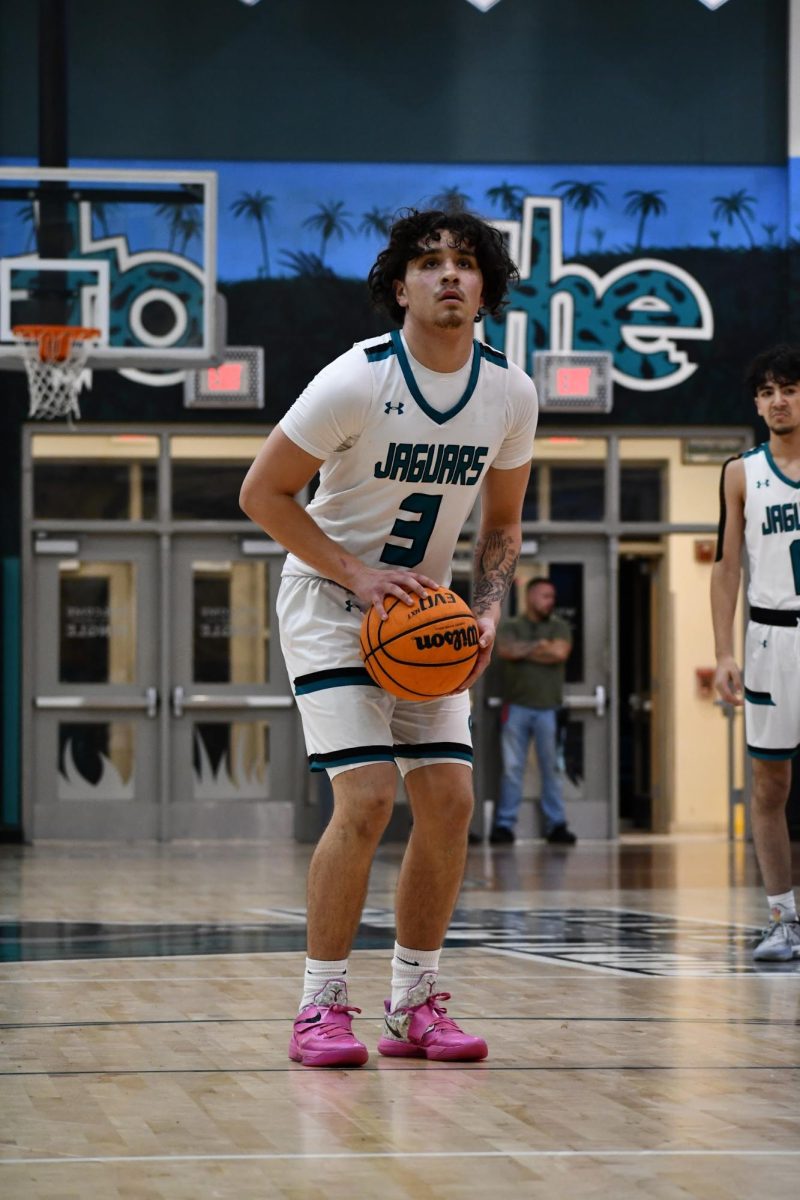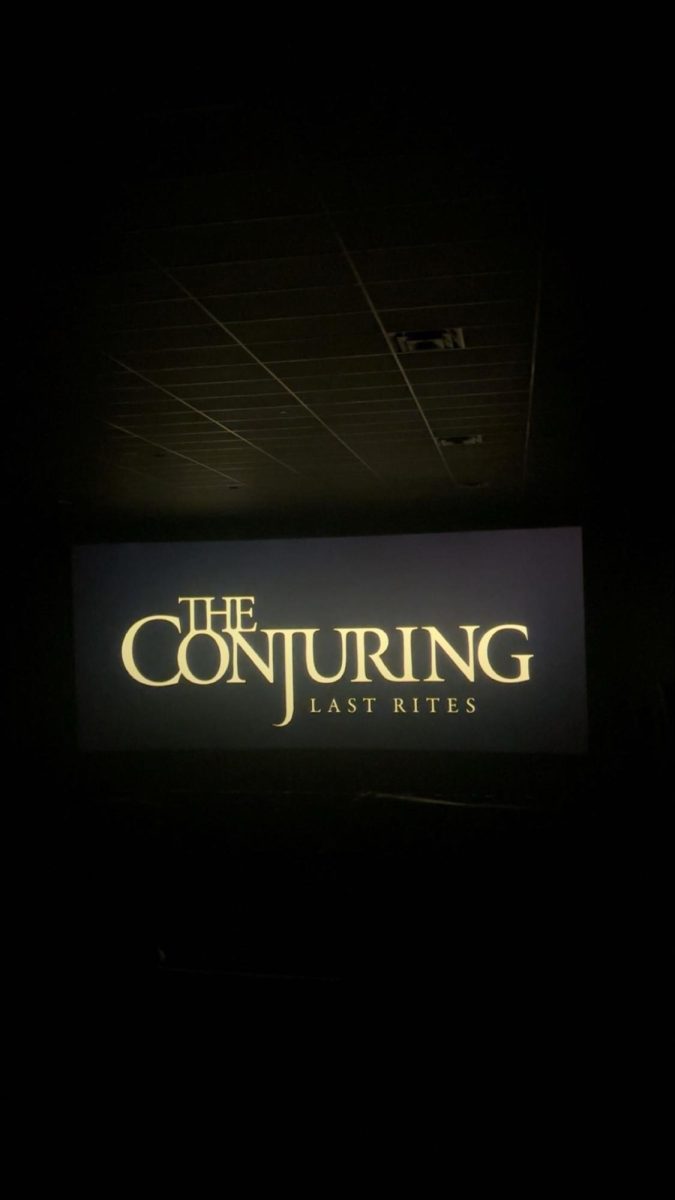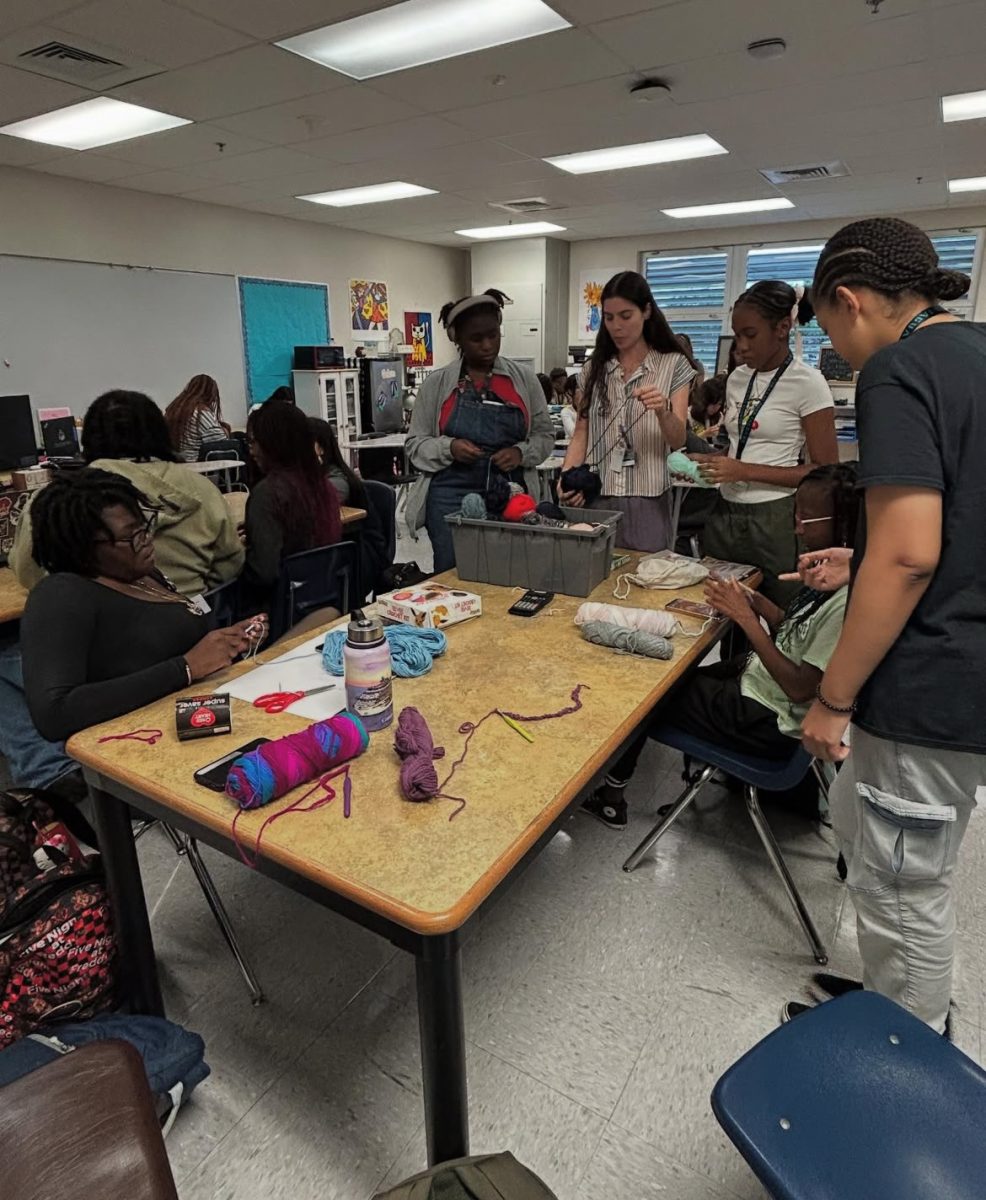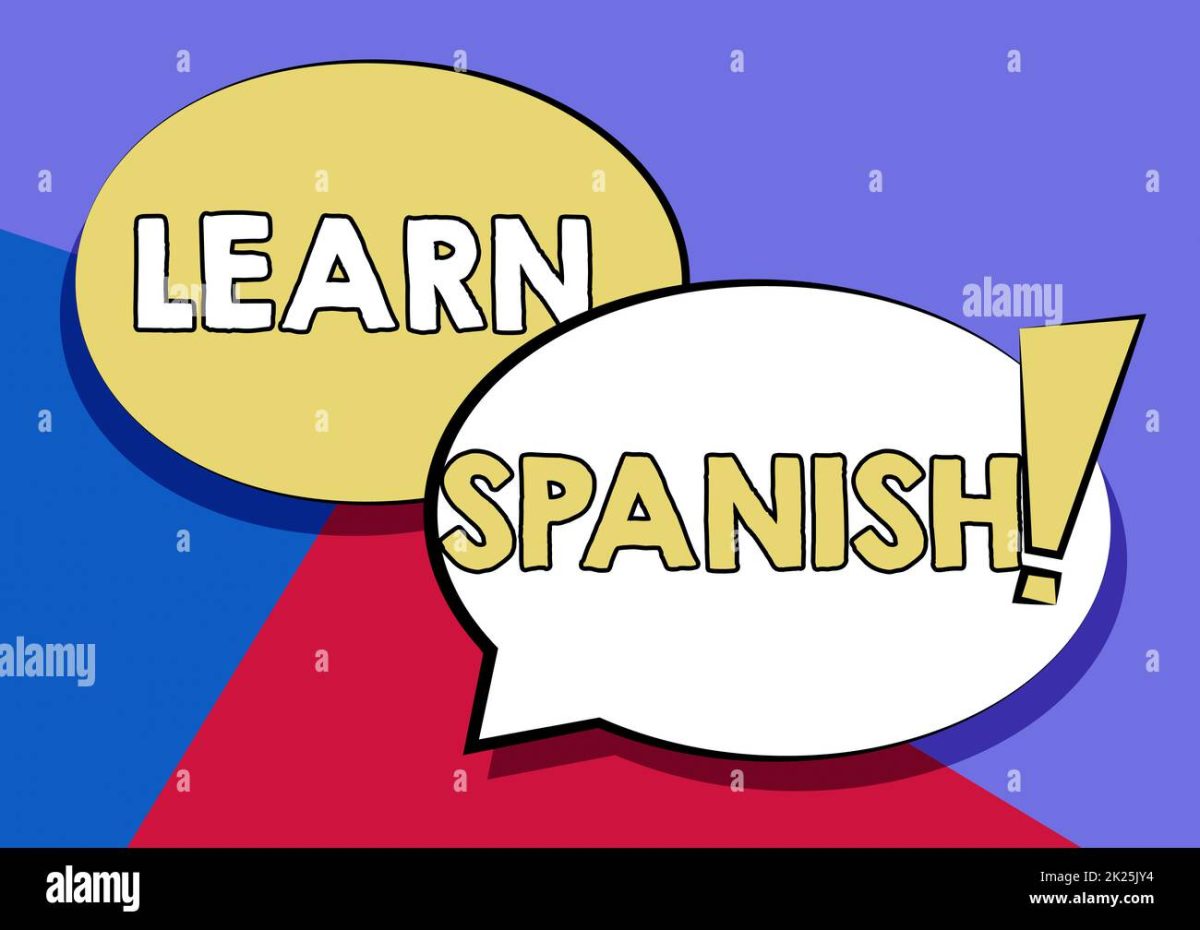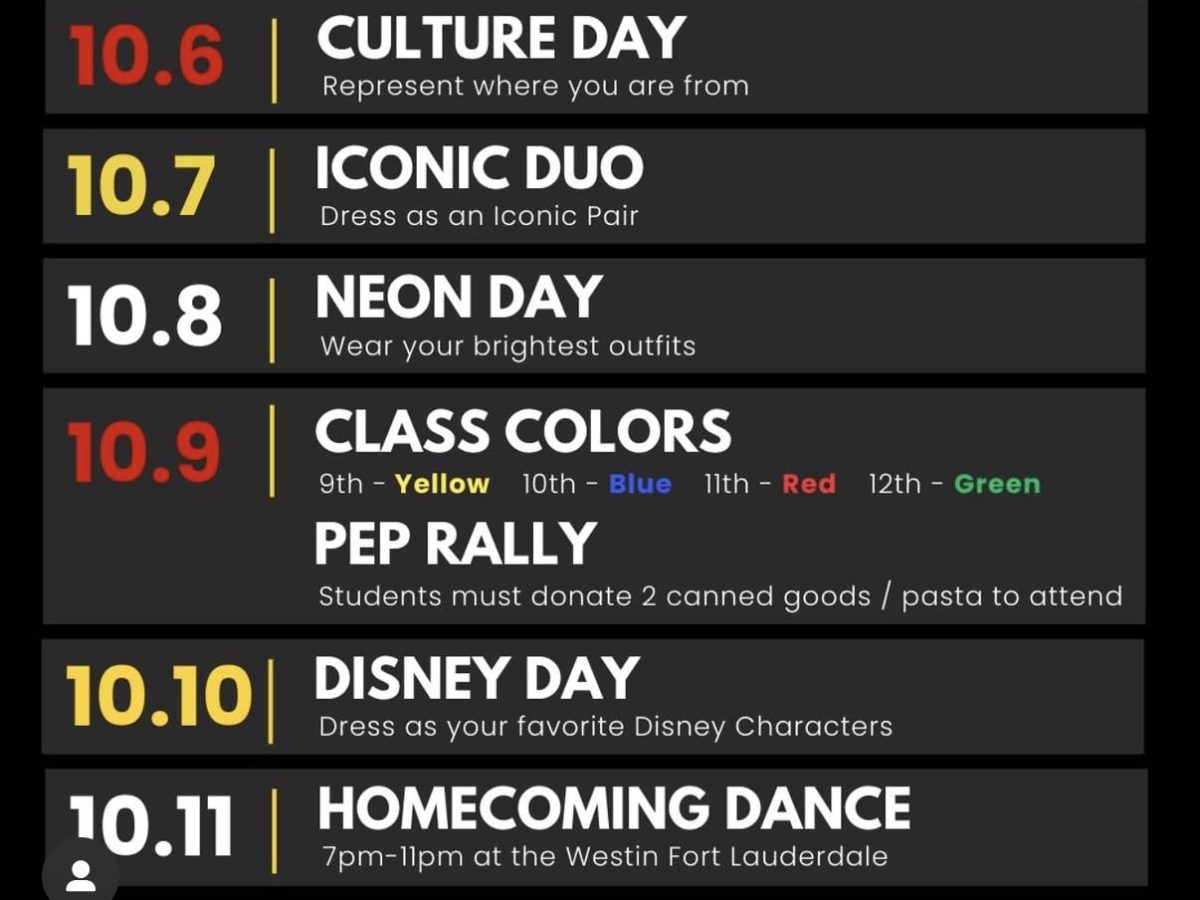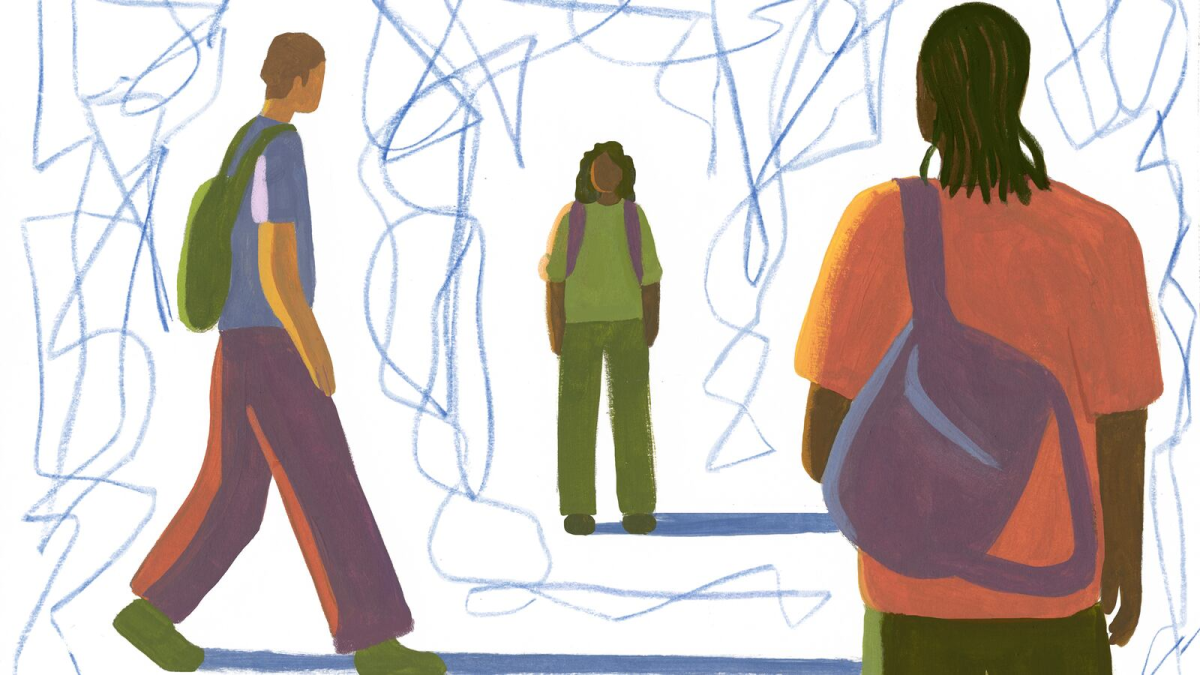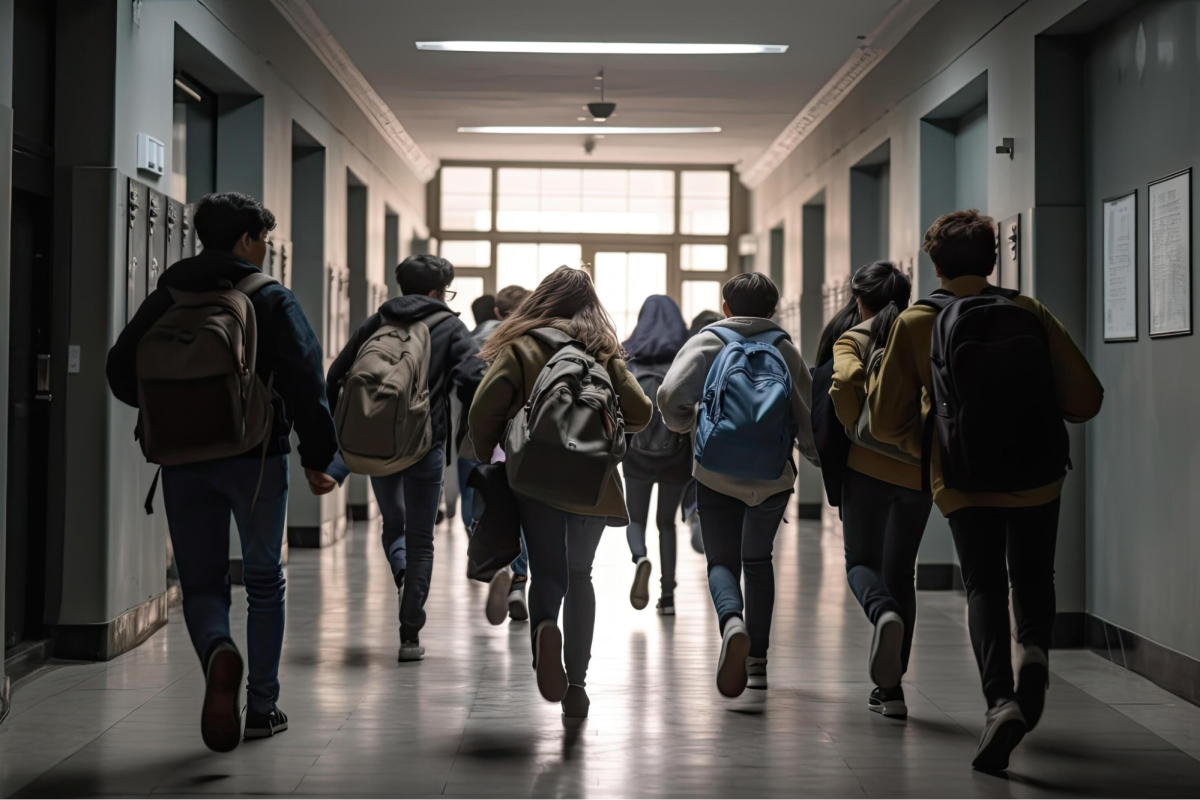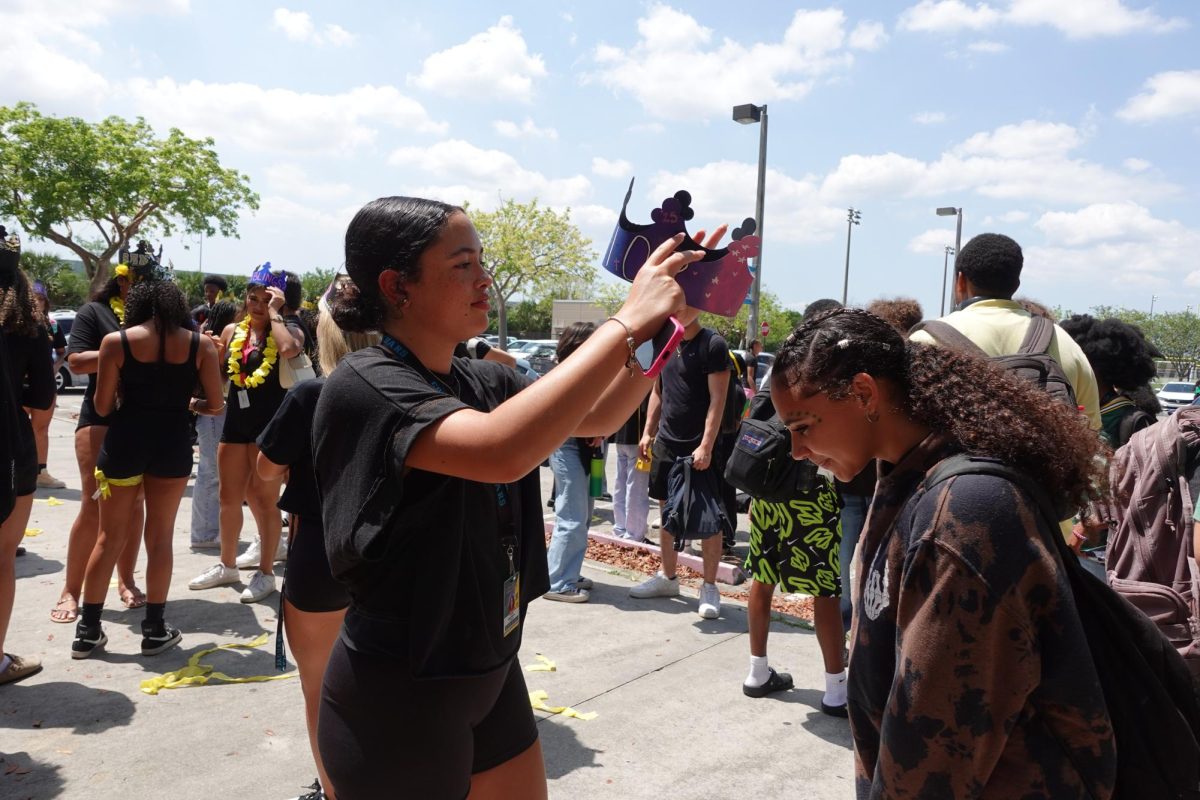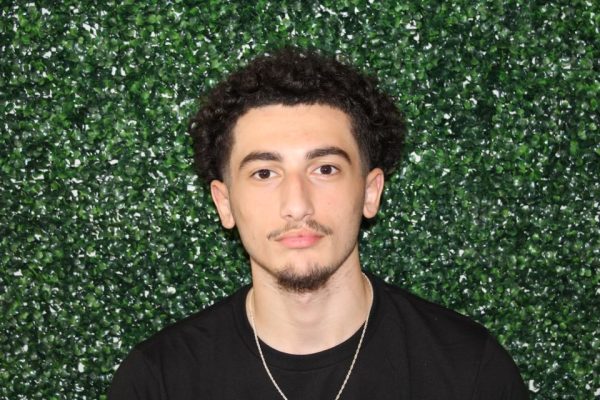Ramadan is recognized in Islam as the ninth month of the Islamic calendar and is regarded as the sacred month of fasting. Its commencement and conclusion are marked by the sighting of the crescent moon. Due to the Islamic calendar being shorter than the Gregorian calendar, Ramadan begins approximately 10 to 12 days earlier each year, allowing it to occur every season over a 33-year period.
According to Islamic tradition, during Ramadan, specifically on the “Night of Power,” which is celebrated on one of the last ten nights, typically the 27th, God revealed the Quran to the Prophet Muhammad as a source of guidance for humanity. For Muslims, Ramadan serves as a time for self-reflection, collective prayer in mosques, and recitation of the Quran. Those who observe this holy month through fasting, prayer, and sincere intention are granted forgiveness for their past transgressions.
“I have many friends who must go through Ramadan as a student and I feel bad for them. They have to watch everyone at school eat and drink while they must sit there and can’t do anything about it. I feel so bad when I am around my Muslim friends who are participating in Ramadan, I will not eat or drink in front of them out of respect and I don’t want to make them feel bad.” Mateo Perry, a sophomore.
During Ramadan, Muslims fast from dawn until sunset, abstaining from food, drink, and marital relations throughout the day. This month encourages spiritual practices like increased prayer, reading the Quran, and acts of charity. It is important to avoid sinful behavior, arguments, and excessive entertainment, as these go against the essence of Ramadan. Iftar, the meal to break the fast at sunset, is a time for community and celebration, while suhoor, the pre-dawn meal, helps individuals prepare for the day. Staying properly hydrated during fasting hours is crucial, and so is maintaining good health. We asked Yasmeen Atallah, a junior at Coral Glades High how it feels to fast at school she said “It is definitely a challenge but it helps me in the long run. It helps with self-discipline and self-awareness.”
During Ramadan, it is recommended to the mosque to pray and you can also break your fast at most mosques. After finishing your prayer there are different activities you can do at some mosques and meet new people every night.
Self-reflection: As a student at Coral Glades that also plays sports, it’s pretty difficult to maintain fasting and sports but it really does help with my health and my mindset. It is a great experience and after doing it for years it gets easier.

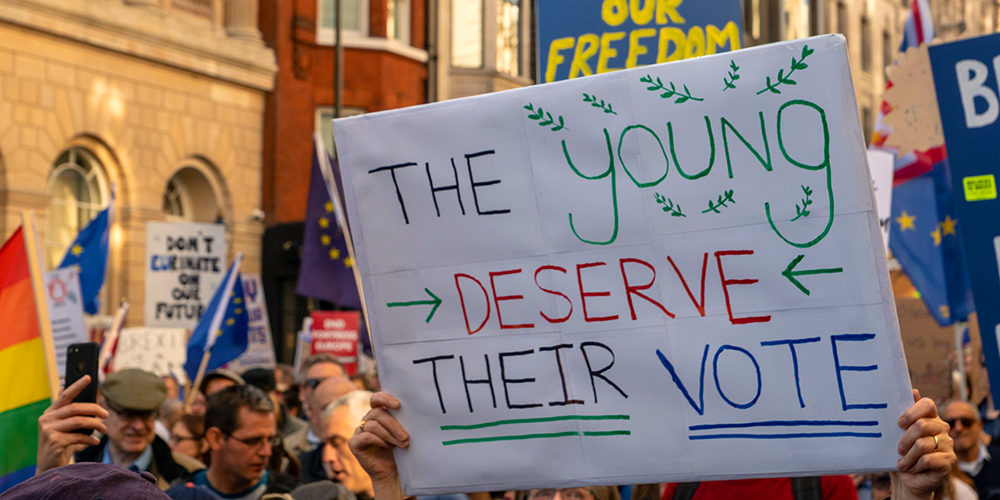
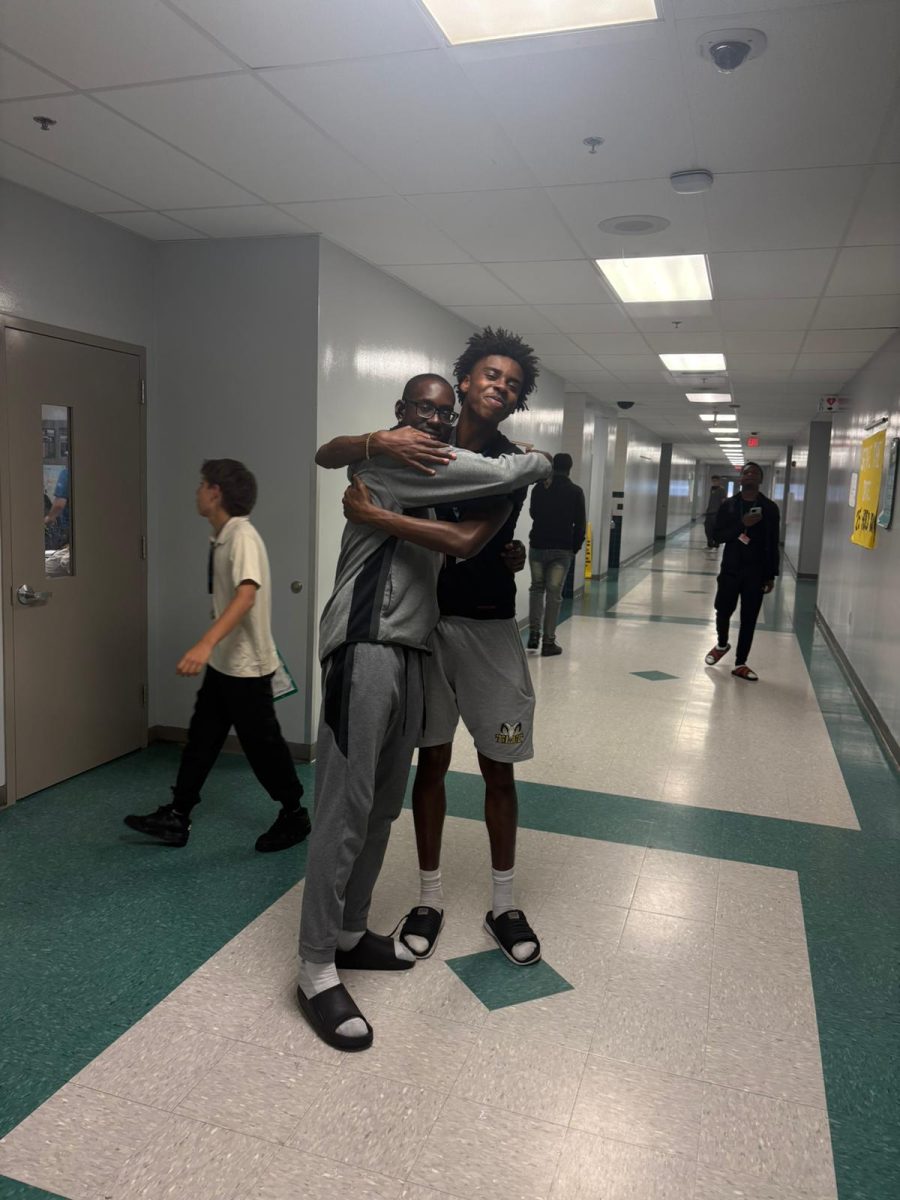


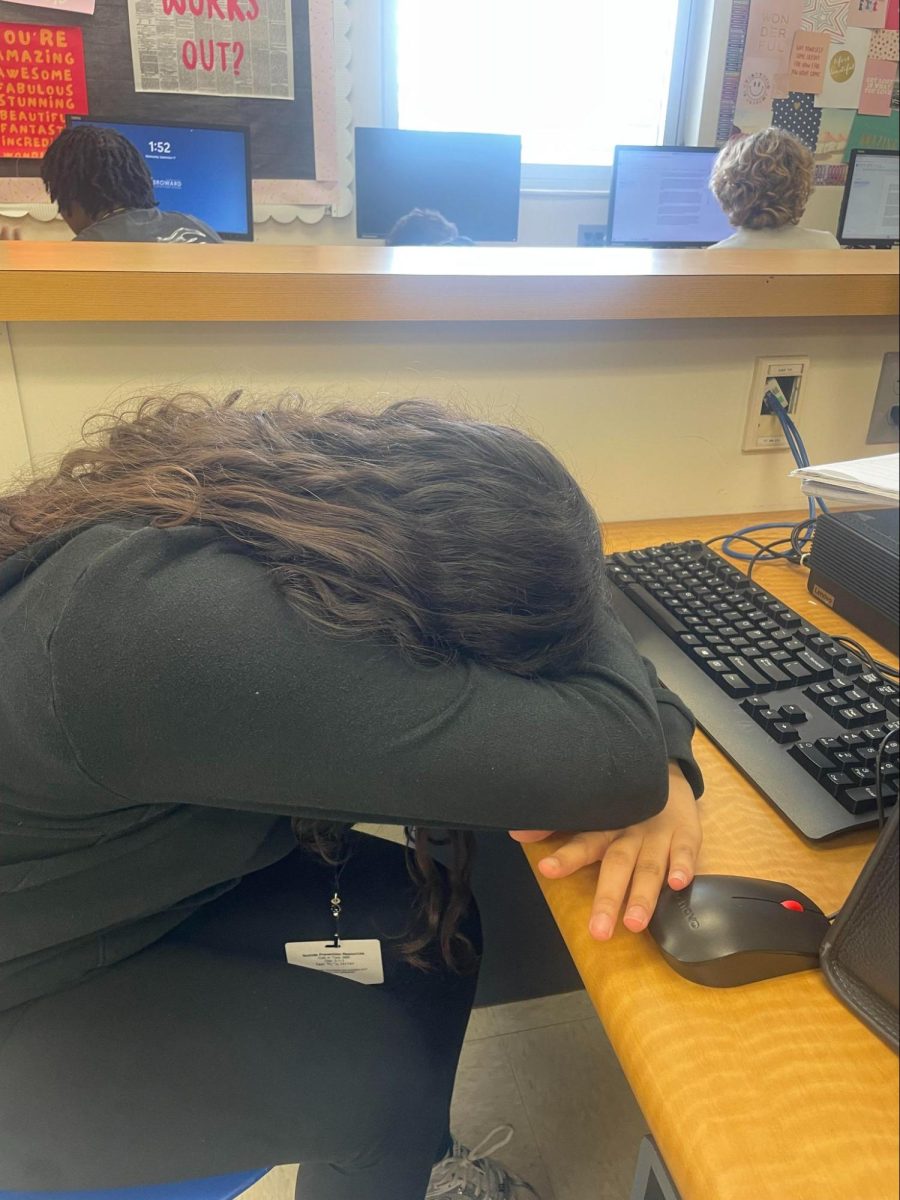


![[Photograph of an Italian sandwich] Photo Creds: https://www.thepioneerwoman.com/food-cooking/recipes/a42398453/italian-sandwich-recipe/](https://cghstheprowl.com/wp-content/uploads/2025/10/image1.png)






